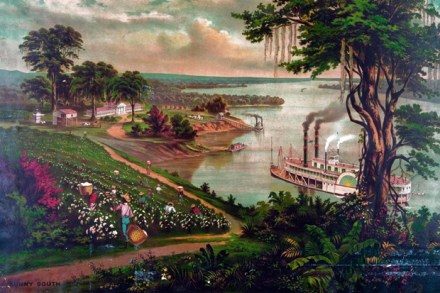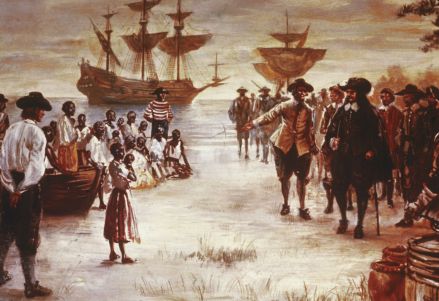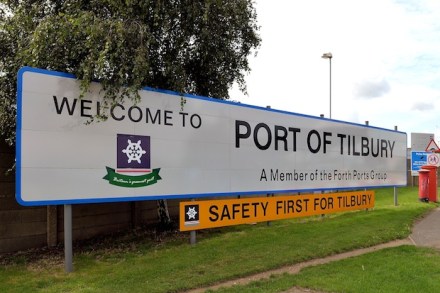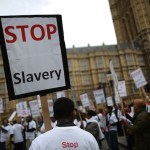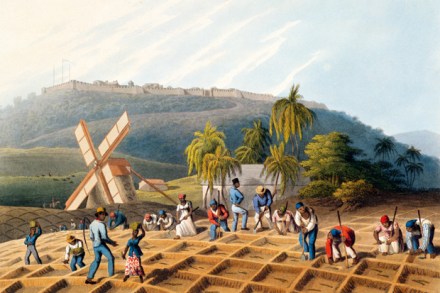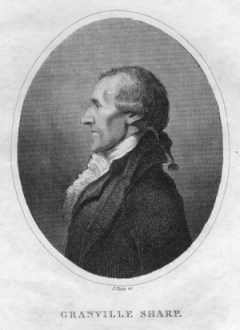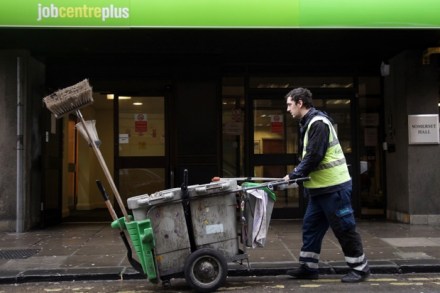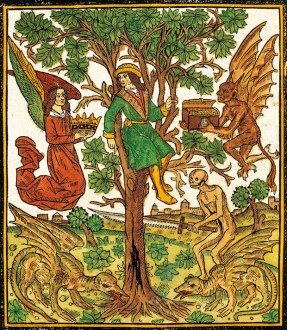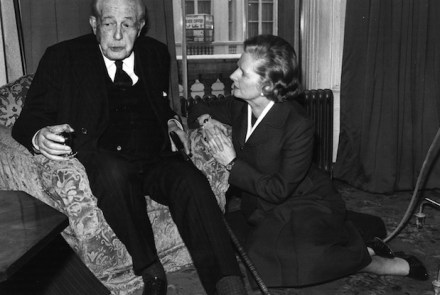The turbulent reign of King Cotton: the dark history of one of the world’s most important commodities
If not for cotton, we would still be wearing wool. To equal current cotton production, we would need seven billion sheep, and a field 1.6 times the area of the EU. Capitalism has spared us this itching, bleating nightmare. But capitalism, Sven Beckert writes in his hair-shirted history, Empire of Cotton, has wrought other horrors. For medieval Europeans, cotton was a luxury import. Prices fell as Europe’s maritime empires bypassed the Ottoman middleman. They fell further after the 1780s, when the East India Company increased its imports, and British inventors developed water-powered spinning machines. Cotton became the first global commodity, woven into the ‘triangular trade’ that shuttled African slaves to
